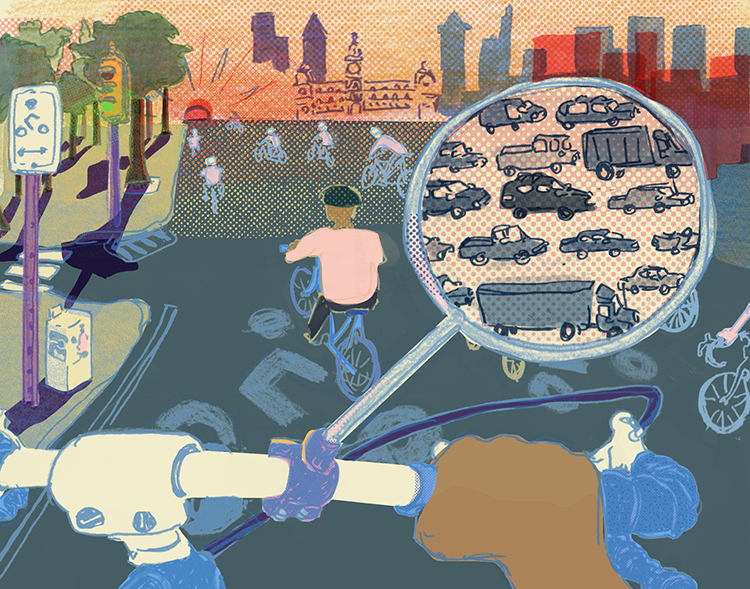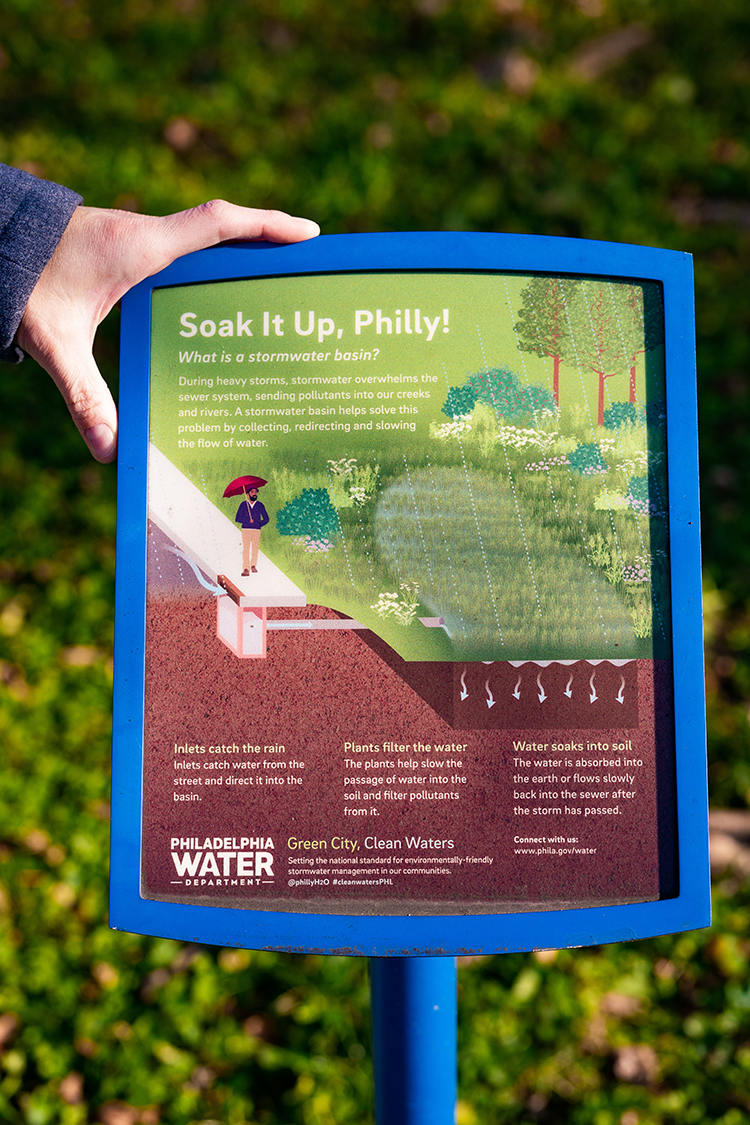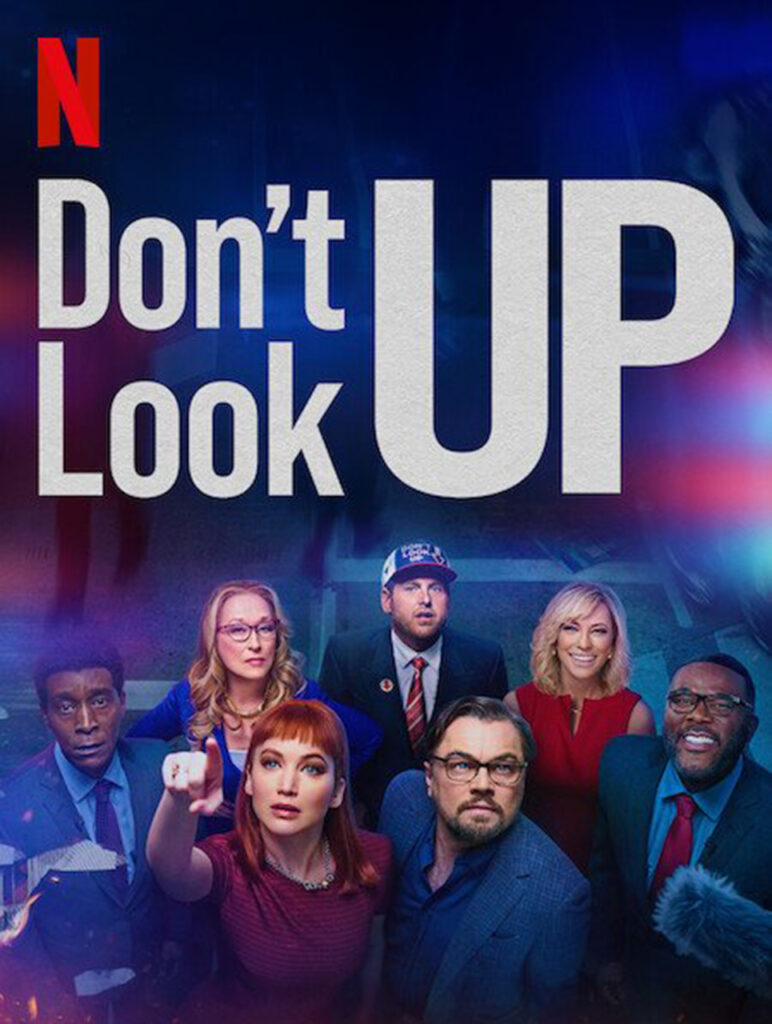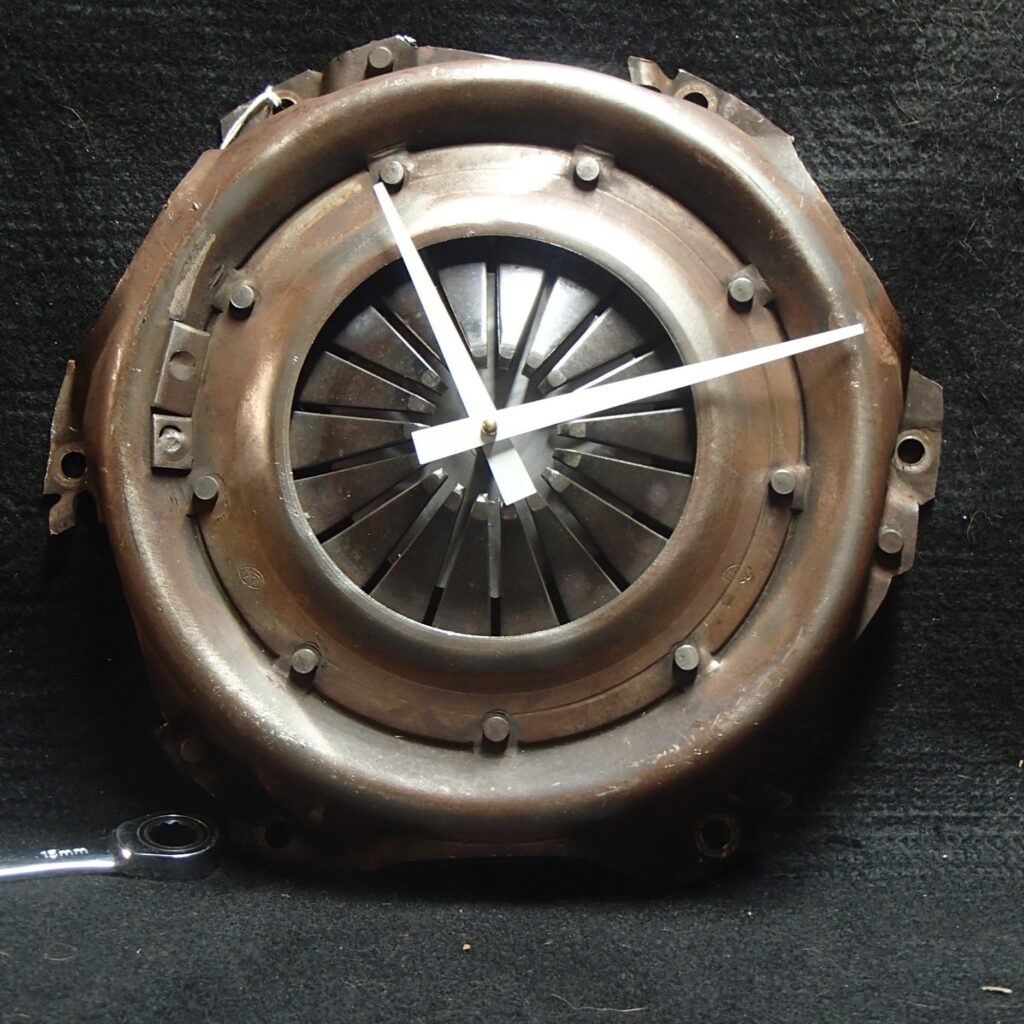There’s something about our tax structure I think most people don’t understand: If you own a car, the American taxpayer subsidizes your ride. The more expensive and bigger your vehicle, the more socialism you get.
The money set aside for roads has come less and less from gas taxes over the past 50 years and more and more from property taxes, bonds, general fund appropriations and “other taxes and fees.” More than 50% of road funding now comes from people who may or may not contribute to the deterioration of the roads.
In other words, the person who doesn’t own a car is subsidizing the roads for those who do.
It’s not a great system. And, two years ago, I wanted to write about it for Grid.
I came up with the pitch after an article I wrote for my former employer, the Bicycle Coalition of Greater Philadelphia, went viral on a Fishtown community Facebook group. One commenter not only claimed that his gas taxes paid for bike lanes to be built (something he wasn’t too fond of), but that if he saw me riding my bike, he would run me over with his pickup truck.

I pitched the idea to my editor at Grid, Alexandra W. Jones, and, after a couple emails back and forth, followed it up with the story of seeing my name dragged on social media.
She liked the idea, and specifically asked that I write about the experience of seeing the misinformation and threats of violence thrown around so casually. It’s still one of my favorite columns today.
After four years of Bike Talk, the column you’re reading is my last. I am moving on from the Bicycle Coalition, and with that, ending this column.
But before I go, I want to thank all of you for reading. I also want to thank the editorial staff at Grid for giving me the space to write this column. I owe them a lot of gratitude.
My editors here trusted me to come up with my own stories and write them in ways I saw fit; they also edited the crap out of them, sharing all edits with me in real time and asking the questions that helped me find the best way to say what I wanted to say.
I don’t know if this is well known outside of journalism circles, but what I just described is basically unheard of in independent news. When I worked for Philadelphia Weekly in the early 2010s, I always dreamed of having something like three editors who cared, editing my articles collaboratively.
I don’t say that to throw my former, former, former employer under the bus. I say it because working at Grid was a breath of fresh air: The people here care about the subject matter, they care about the journalism and they care about the writing. Punctuation. Sentences. Grammar. Stuff like that. It may not sound like a high bar, but it is.
As for me, I care about it, too. I specifically reached out to Grid as an employee of the Bicycle Coalition because I knew our goals were the same: a sustainable city.
If you’ve read my columns, you probably haven’t seen too much about sustainability directly (although I delved into it from time to time). You’ve probably read more about politics. Parking wars. Tax structures. Road safety. Funding bike lanes. Passing laws. Stuff like that. A sustainable Philadelphia won’t happen—can’t happen—until we have a real conversation about cars. That’s what I tried to advance with Bike Talk.
As long as all our streets are designed for the quick passage of motor vehicles, we will continue releasing carbon into the atmosphere at unsustainable rates.
At 29%, transportation is the biggest source of greenhouse gas emissions in the U.S. That’s more than agriculture, commercial and residential combined.
“The largest sources of transportation-related greenhouse gas emissions include passenger cars, medium- and heavy-duty trucks and light-duty trucks … pickup trucks and minivans,” according to the Environmental Protection Agency. “These sources account for over half of the emissions from the transportation sector.”
And to quote myself from my October 2021 column: “Any political leader who believes global warming is real should be figuring out ways to get folks out of their cars and onto alternative, cleaner forms of transportation.”
Those cleaner forms of transportation? Bikes. Trains. Buses. Trolleys. The things Philadelphia was originally built for. Our car-oriented streets and brains are byproducts of an era of bulldozing and re-engineering to better serve Americans who moved to the suburbs—another unsustainable venture destined to fail.
There are signs of hope, for sure. Many mainstream media sources are now reporting on some of the same things Grid has been writing about for years. The government is about to begin subsidizing e-bikes. Department of Transportation Secretary Pete Buttigieg rode a bikeshare home from work last year. Public transportation agencies, including SEPTA, are starting to make sustainability a part of their mission and media.
These things matter. And I’m glad this magazine exists as a voice to not only say what I just said, but to highlight the people doing the hard work to make change that will matter for generations to come.









The first piece I would read when Grid came out was Randy’s article. I am sure we will hear more from him in his new position……in one way or the other. But I will miss reading him in Grid.